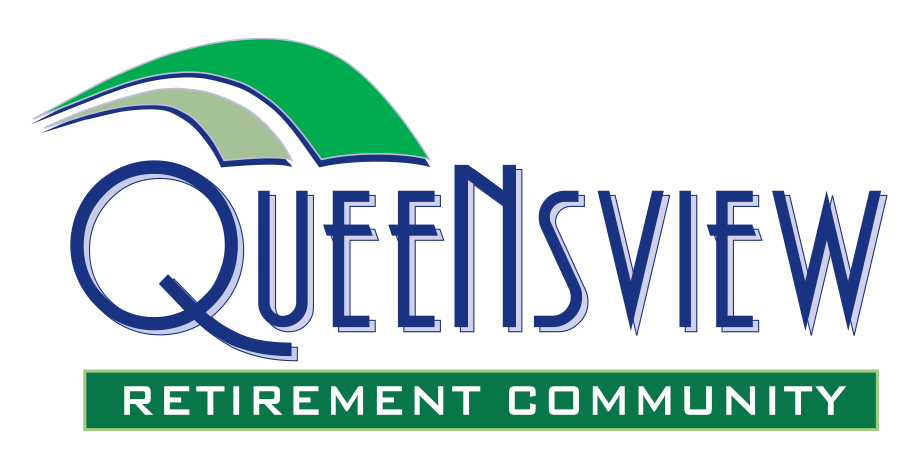Starting the conversation about moving into a retirement community can be one of the most delicate conversations a family has. At Queensview Retirement Community, we understand the emotional toll that often comes with this decision—for the entire family.
The angst is often more around lifestyle change and acceptance of any physical and-or mental limitations that may be present rather than changing homes. It’s important to understand what care needs will help your loved one live their best and most comfortable life while respecting and honouring their goals for the future.
We have had thousands of these conversations over the past decade, and offer a few gentle ways to approach the conversation that will help your loved one feel empowered, not pressured, in this new chapter. Remember, it will take many, and timing is everything.
It Starts with Empathy
The first step is about listening and observing the changes that are happening. How are they coping with everyday life and are they able to look after their everyday life? Ask how your loved one is feeling. Are they finding certain tasks harder than they used to? Have they mentioned feeling overwhelmed or anxious? Were they social before and now aren’t and do they miss the company of people their own age? It’s complex and every person is unique and different.
Let their experiences guide the conversation, rather than jumping straight to a solution- remember you are on a mission to understand what’s important to them, to acknowledge they are independent and that “you’ve got their back”.
Make It a Series of Conversations
This isn’t a one-time discussion. Moving to a retirement community is a significant change, and people need time to adjust emotionally and mentally. Start small.
- Share a story about someone who found joy in a community setting. Even better if it’s someone they know.
- Casually visit a community for lunch or a tour—no pressure.
- Attend a local event or open house together where other seniors are socializing.
Familiarity over time can help reduce anxiety and fear of the unknown. You should feel welcomed to let the general manager know what your concerns are as well as what your family member’s concerns are, as they may be able to help you bridge the conversation and offer helpful suggestions for moving forward.
Focus on Quality of Life, Not Loss
It’s important they know they are still independent and that they will have more time to do what they enjoy. Interacting with people in the same stage of life normalizes the situation, and takes away the feeling of “I thought I was the only one.”
At Queensview, we welcome the hard questions, invite you to stay with us for a few days, interact with staff and residents to truly get a sense of what life at Queensview could mean for you or your loved one.
Rather than framing the conversation around what your loved one can no longer do, talk about what they could gain.
- More time to enjoy the things they love.
- Social opportunities and new friendships.
- Nutritious meals prepared for them.
- Support when needed, while still maintaining independence.
Help them see that a move to Queensview isn’t about giving up freedom—it’s about creating a better quality of life, with support available when it matters most.
Avoid Telling—Choose Teamwork
It’s natural that people resist the idea of being told what to do—especially by their children. No one wants to feel forced into such a deeply personal decision.
Instead, use language like:
- “What would make you feel more comfortable day-to-day?”
- “Would you like to take a look together, just to explore some options?”
- “I’m here to support whatever makes you feel safe and happy.”
Bringing them into the decision fosters a sense of control and respect.
Know the Signs It Might Be Time
While every situation is different, some common signs can help guide your instincts:
- Forgetting to take medications or missing appointments.
- Feeling isolated or withdrawn. Losing interest in daily life.
- Difficulty managing household tasks or preparing meals.
- Recent health changes, hospital visits, or falls.
If you’re feeling overwhelmed as a caregiver, that’s also a sign. You’re not failing—this is just part of the natural shift in care and support as your parents age.
Queensview Can Help
At Queensview Retirement Community, we’re here to help families through every step of the journey. Whether you’re just starting to explore options or actively preparing for a transition, we invite you to visit, ask questions, and see firsthand what a supportive, vibrant senior community looks like. We are happy to be part of the conversation when you feel it’s the right time, whether in your home or ours- we are happy to meet you where you are.
Because when it’s the right time—and it will become clear with gentle progress and open conversations—you’ll want your loved one to feel seen, heard, and cared for in a place that feels like home.

